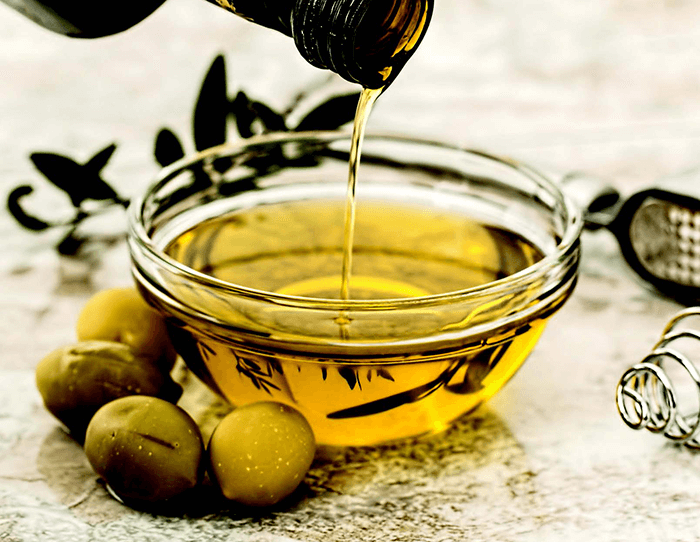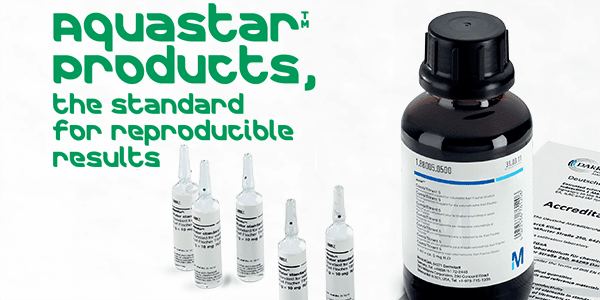Introduction
Olive oil is a high value commodity. It’s food use is of particular concern, as consumers want to be sure they are purchasing high quality products that are free of adulteration and fraud.
Extra-virgin olive oil is most desired for it’s superior taste. Naturally, the superior taste and quality of extra-virgin olive oil comes from strict production standards, and brings a higher cost to produce; this cost is passed on to consumers.







